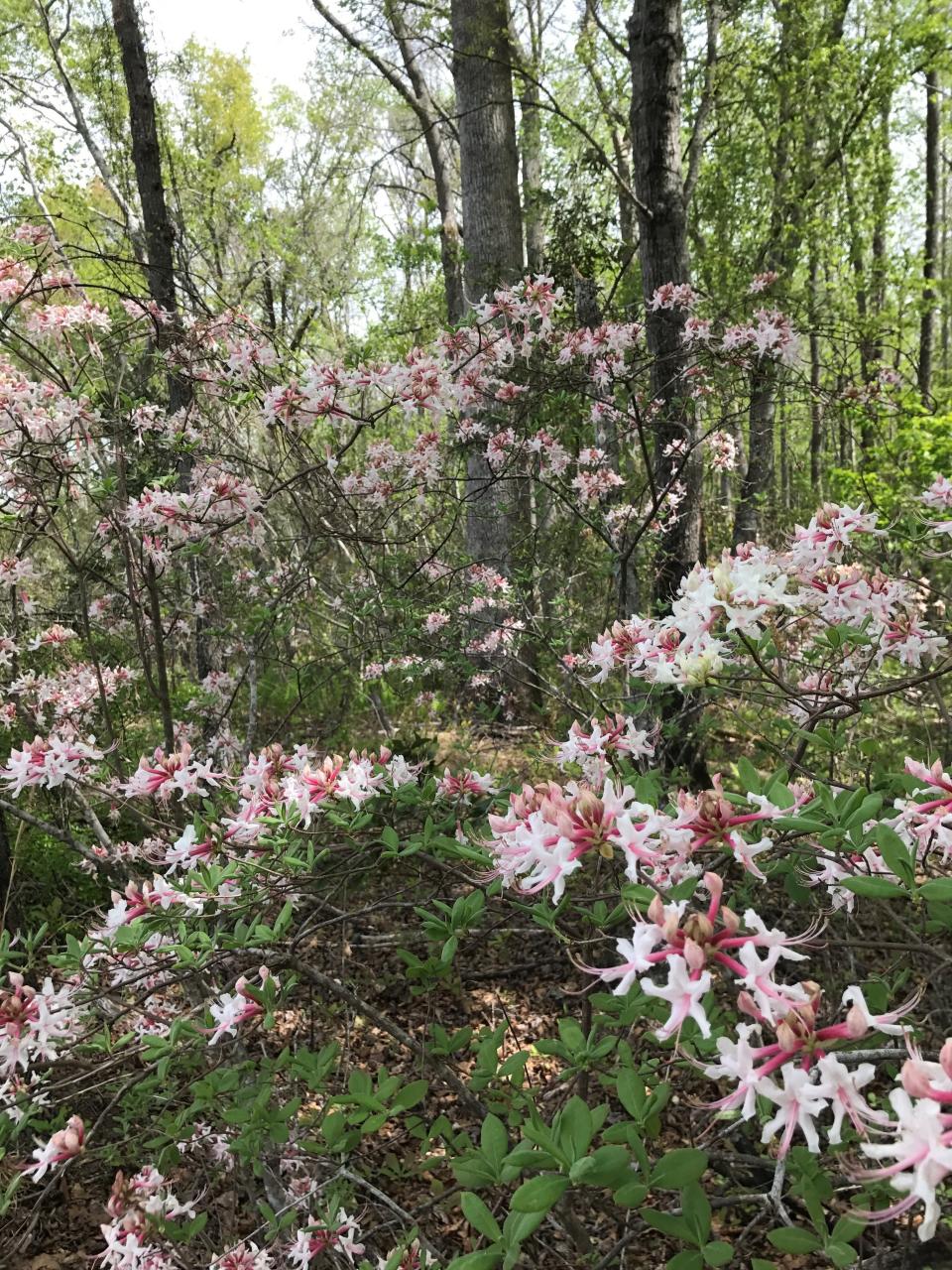Festivals honor raccoons, frogs, banana slugs and more | ECOVIEWS
As soon as I learned of the $500 first place prize for the best quilt at the annual Raccoon Festival in Sellers, South Carolina, I knew what I had to do, which was not to start making a quilt.
No, I had to determine what sort of impact the raccoon festival was likely to have on attendance at the Governor’s Frog Jump in Springfield, South Carolina, only 141 miles away. Suppose they attracted the same overlapping audience — quilters and frog lovers. Statewide sigh of relief: The Raccoon Festival is in mid-autumn; the Frog Jump, in early spring. You won’t have to choose. Go on, attend both.
More: How to decipher the clues nature leaves behind | ECOVIEWS
These two popular (albeit not internationally known) events got me thinking about what other festivals, pageants and celebrations honor native wildlife in various communities around the country.
Almost everyone has heard of Punxsutawney Phil, the groundhog who makes his annual meteorological predictions in Pennsylvania each February 2. What other animals have attracted attention?

Consider Possum Day and the Possum Queen Pageant once celebrated in Cullman, Alabama. In Wausau, Florida, the Possum Festival, held each August, is now in its 55th year.
Banana Slug Day is no doubt exclusive to the University of California Santa Cruz, which boasts Sammy the Banana Slug as its school mascot.
Who would dare argue that these giant mollusks of the Pacific coast that dwell in coastal coniferous forests from Alaska to California are less compelling than raccoons, possums or treefrogs?
I recall stopping on a highway in Oregon to let a bright yellow 10-inch banana slug cross from one side to the other — that is, once I realized it was not a discarded banana peel. After waiting for five minutes I finally got out of the car and moved the critter to the side of the road.

My assessment: the environment is important to Americans. When people celebrate an event by naming it after a native animal (even a slug), they develop an awareness of the species, which can lead to a sense of ownership and a desire to protect it.
Raccoons, frogs and mollusks need whatever help they can get. But in truth, all of our native plants and animals deserve to be protected, including fish.
I was pleased, therefore, to find the striped mullet being celebrated at the Interstate Mullet Toss in Orange Beach, Alabama, just over the border from the Florida Panhandle. Contestants throw a dead mullet across the state line.
Kudos to the residents for bringing attention to the striped mullet and its ecological importance, not only in the Southeast but in warm coastal waters around the world. The entry fees to become a mullet-tosser aid local charities, a focus of other animal celebrations as well.
What about plants? Well, the Watermelon Days Festival in Cordele, Georgia, pops to mind.
Several cold weather states boast popular tulip festivals, including those in Holland (Michigan), Skagit Valley (Washington) and Albany (New York). Events that laud azaleas, camellias and roses are a dime a dozen. Such events differ from the animal festivals mentioned above most notably by focusing not on native species but on cultivated plants from other continents.
Nonetheless, native plants get their due at the Boyington Oak Festival (Mobile, Alabama), Mitchell Persimmon Festival (Mitchell, Indiana), North Carolina Muscadine Festival (Kenansville) and numerous others.
You still have time to make your plans for this October’s Raccoon Festival in Sellers, South Carolina, though you’d better start quilting soon if you plan to compete for the $500 prize. More interested in frogs than raccoons (and quilts), I offer two choices, with plenty of time to catch a long-jumping frog for either.
You can attend the Springfield Frog Jump in early spring or the Calaveras County Fair and Jumping Frog Jubilee the third weekend in May. In a charitable and cooperative spirit, Springfield scheduled theirs two months earlier to avoid unnecessary competition with the California contest.
Whit Gibbons is professor of zoology and senior biologist at the University of Georgia’s Savannah River Ecology Laboratory. If you have an environmental question or comment, email ecoviews@gmail.com.
This article originally appeared on The Tuscaloosa News: Festivals honor raccoons, frogs, banana slugs and more | ECOVIEWS

